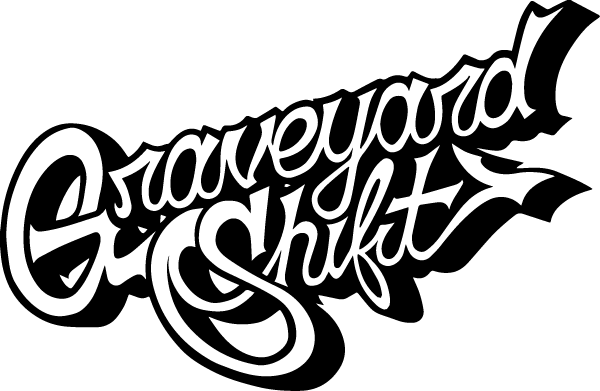Nicki Minaj Criticizes Rappers' Choices Amidst Label Signing Decisions
On the heels of her most recent incendiary comments, rap icon Nicki Minaj has ignited a discussion within the hip-hop community about the dynamics and allegiance in label signing decisions. The multi-talented artist has openly criticized fellow rappers for bypassing her label in favor of white-owned companies. The statements come as a shock to many, yet they revitalize an often-ignored debate about representation and equity within the music industry.
Nicki Minaj's Stand: A Public Callout
During a candid exchange on social media, Nicki Minaj expressed her disappointment in several popular rappers for choosing to align with white-owned labels instead of considering her own. The sentiment stems from a deeper frustration with the industry's racial dynamics and the lack of support for minority-owned businesses.
"I Thought You'd Get It": Nicki's Directness
Minaj didn't shy away from being direct in her remarks. She stated that her expectation was for these artists to understand the value and importance of choosing labels that are minority-owned and operated. Her statement wasn't just an indictment; it’s also a plea for more mindful and conscientious decision-making amid a heavily commercialized industry.
The Impact of Label Choices in the Music Industry
The implications of these criticisms are far-reaching, touching on several aspects of the music industry:
- Racial Representation: This issue brings to light the ongoing challenges of racial representation and support for minority-owned businesses in the entertainment industry.
- Economic Equity: Label choices have a direct impact on the economic opportunities available to minority-owned companies in an industry traditionally dominated by white-owned businesses.
- Artist Autonomy: Choosing a label isn't just about business; it's also about the kind of message artists want to send through their choices.
The Reaction from the Music Community
The hip-hop community has had mixed reactions to Minaj's powerful words. Some artists and fans have backed her call for a more inclusive industry, while others have questioned whether the criticism is fair or necessary.
Supporters of Nicki Minaj
Many artists have voiced their agreement with Nicki’s perspective, emphasizing the importance of supporting black-owned businesses within the industry. For them, the criticism is a necessary step towards reshaping the landscape:
- Fostering Community: Supporting minority-owned labels fosters a sense of community and commitment within the industry.
- Creating Opportunities: It helps create more opportunities for emerging artists of color to find success within an often restrictive market.
- Setting a Standard: By making these choices, successful artists set a positive precedent for younger generations.
Critics of Minaj's Comments
On the flip side, there are those who argue that artists should have the freedom to choose the labels that best fit their career goals, regardless of the ownership:
- Personal Choice: Critics emphasize that signing with a label should come down to personal choice and who can provide the best career support.
- Career Growth: Some believe that the focus should be on career growth and opportunities that come with larger, more established white-owned labels.
- Complex Dynamics: The dynamics are complex and not solely about race, but also about available resources, support structure, and reach.
A Broader Industry Reflection
Nicki Minaj's comments encourage a broader reflection on equity in the music industry. As the industry continues to evolve, there is a growing need to balance commercial success with conscious efforts to promote diversity and inclusion. This not only involves the artists themselves but also the labels, managers, and stakeholders who shape the industry’s future.
The Role of Minority-Owned Labels
Minority-owned labels have a critical role to play in this landscape. They are not only symbols of representation but also platforms for innovative and diverse musical talent:
- Diverse Voices: They provide a platform for voices and stories that are often marginalized in mainstream music.
- Support Networks: They create vital support networks for emerging artists to grow and succeed.
- Cultural Gatekeepers: These labels become cultural gatekeepers, preserving the authenticity and heritage of hip-hop and other genres.
Conclusion: The Path Forward
Nicki Minaj's callout serves as a wake-up call for many within the hip-hop community and the music industry at large. It demands a closer examination of the choices artists make and the broader implications for racial representation and economic equity. As the conversation continues, it is crucial for artists, fans, and industry stakeholders to engage in meaningful dialogue about how to create a more inclusive and equitable music industry.
Ultimately, the path forward lies in balancing personal career goals with collective responsibility. Whether one agrees with Minaj's perspective or not, her statements have undeniably sparked an important conversation that could help shape the future of the music industry for the better.
```
